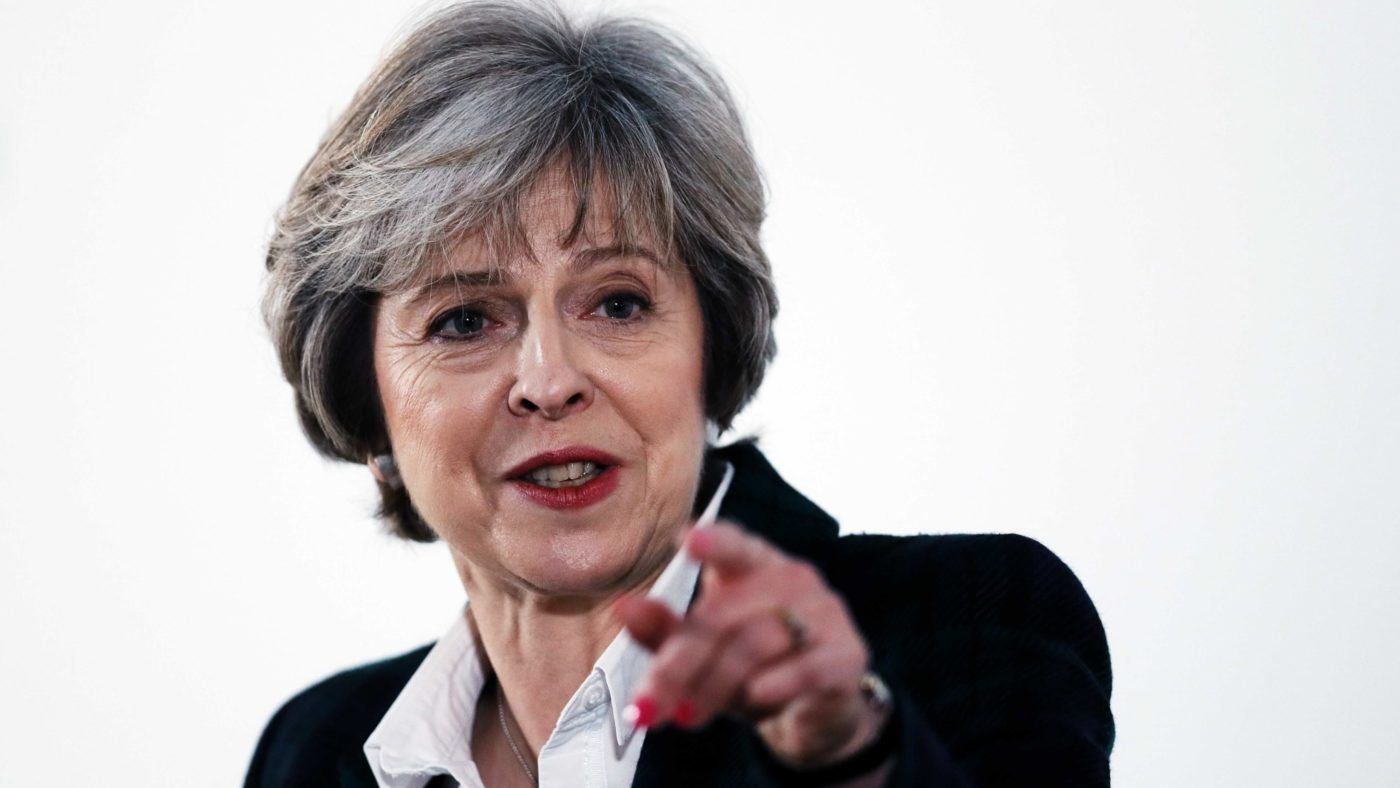With Trump tearing up trade agreements and Brexit negotiations yet to begin, the future for global trade is shrouded in uncertainty. But this isn’t necessarily a bad thing. Indeed, this could provide the perfect opportunity for Theresa May when she arrives in Washington tomorrow, the first world leader to meet the new President in the White House. This could be the moment Britain steps up and initiates a new period of global growth.
As we know and as just as expected, President Trump has pulled the US out of the Trans Pacific Partnership (TPP). With the US out, many other countries who have already ratified the agreement are not keen to remain; after all, it is no longer the global agreement they had bargained for.
This is a significant blow for the founder members of the TPP, Singapore, New Zealand and Australia. True, they do have the ACEP (China’s Economic Partnership Agreement) to fall back on, but the China deal does nothing to roll back the “behind-the-border” barriers and anti-competitive distortions that the TPP uniquely addressed.
But all is not lost. Britain’s departure from the EU means that we are free to convince these TPP countries to join us as we forge our new, post-Brexit “Prosperity Zone”.
The original idea of a group of like-minded countries pushing back the new barriers to trade in the 21st century was floated by Governor Mitt Romney, back in his 2008 Presidential bid, when I was advising him. Nine years on, though, and our need is more urgent than ever. The multilateral trade round, the Doha Development Agenda is dead, TTIP and TPP are as good as dead, America is making noises about building walls and there is little other cheering news on the trade agreement horizon.The siren voices of protectionism are drawing more people on to the rocks.
So Britain must encourage others to strike out for the Prosperity Zone which would revitalise global trade and our global economic institutions. But to do this, Mrs May needs to know where we stand with America. We need to know what President Trump’s agenda looks like – and more specifically, what sort of trade deal he wants from us.
Here’s where I think we stand.
We do know that the US has offensive interests in agriculture and I suspect it will want to find some way of overcoming the barriers it faces in exporting its beef and poultry. We should, meanwhile, be able to agree a reduction in Non-Agriculture Market Access (tariffs on industrial goods) relatively quickly .
The US is also certain to want a more market-based and pro-competitive approach to standards, as well as agreements on free flow of data.
America has historically been more guarded in opening up its financial services, insurance and legal services markets but does have a particularly close relationship with the UK in these sectors. This could allow room for some creative arrangements with regard to lowering barriers and increasing efficiency.
Similarly, there are opportunities to remove barriers to defence trade between the two countries by streamlining approval processes. Again, it is the closeness of the existing defence relationship that makes this uniquely possible between the UK and the US. No doubt the UK will want an opening of the US government procurement market, which holds great promise but is notoriously difficult to crack.
Small victories might include a better waiver policy in the application of Buy America’s restrictions on foreign sourced steel in major government projects. There is also an opportunity for both countries to embrace regulation that promotes competition, rather than restricting it.
In fact, a UK-US agreement could go much further than any existing agreements have gone in its investment protection and service schedule provisions.
But striking a deal is not without danger for Britain. In our desperation to do business with the US, we mustn’t give them access in the agricultural sector without securing enough liberalisation to make the deal sellable back home.
We would also have to be sure that any agreement we made with the US would conform to any potential future agreement we might make with the EU – so that consistency in supply chains could be maintained.
It would not be without irony if the UK, having left the EU, could help breathe new life into TTIP by pushing both the US and the EU towards a more competitive, free-market and free-trade relationship. This is a catalytic role that Britain could even play in a number of agreements around the world.
But as the meeting between Trump and May illustrates: the benefits of a strong UK-US agreement and the enhancement of the general arrangements between these two countries goes considerably beyond the narrow trade and economic benefits. The world is a safer and more prosperous place when the UK and US are working together. For too long, this relationship of great global significance has been allowed to fester. Today, we need it to be healthier than ever.


